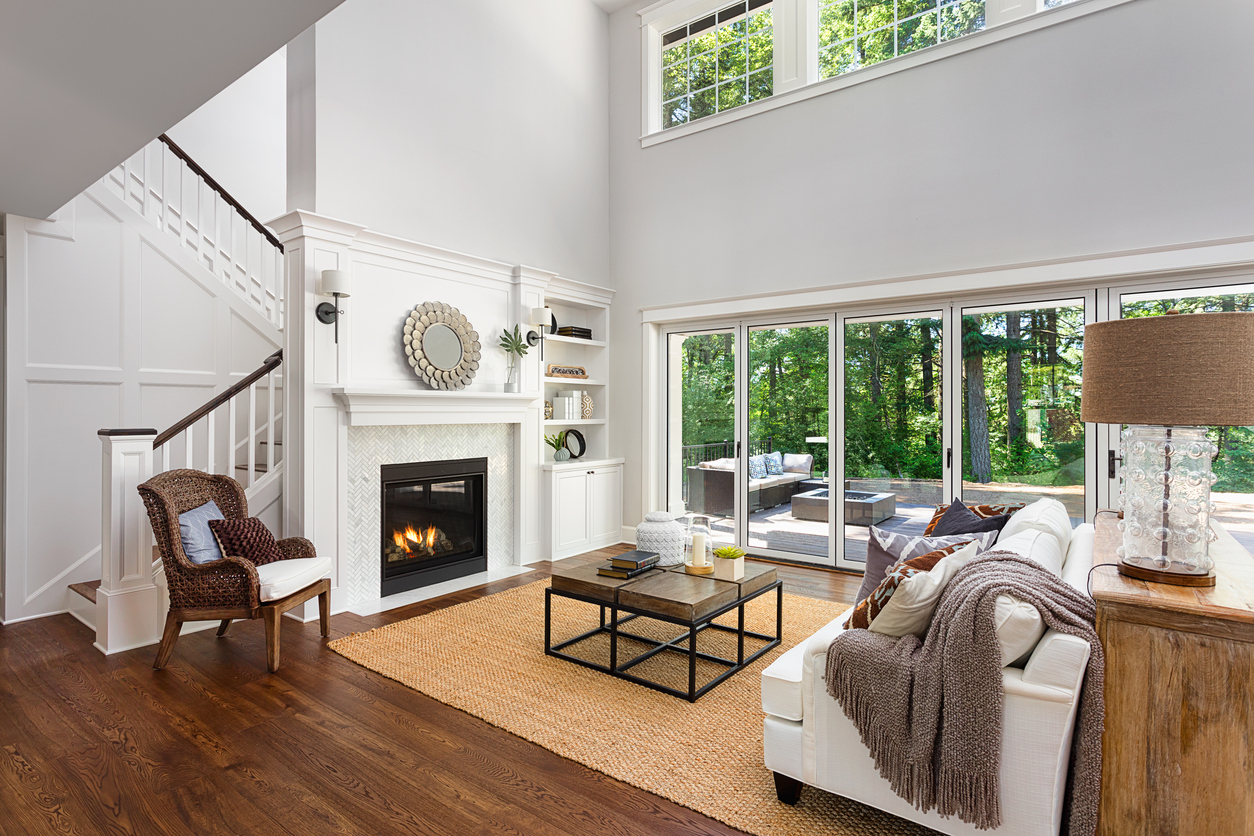Did you know that the air in your home can be two to five times more polluted that outdoor air, simply because it is indoors? Since people spend an estimated 90% of their time indoors, this is especially important.
Poor air quality can put your family’s health at risk, especially if someone in the home suffers from airborne allergies or asthma.
To speak with the top asthma specialist in New York City, consult with Dr. Shukla today.
The Worst Offenders
According to the American Lung Association, the things that most pollute the air inside your home are:
Carbon Monoxide
It kills 400 people and sickens thousands each year.
Secondhand Smoke
Children are often hospitalized with respiratory tract infections, plus older adults with heart and lung problems are more likely to have issues when living around secondhand smoke.
Radon Gas
It’s the second biggest cause of lung cancer, after cigarette smoke. Its silent, odorless, and found in a surprising number of American homes.
Rule 1: Don’t Allow Smoking in Your Home
The Surgeon General states that there is no safe level of secondhand smoke. If you have friends or family who smoke, ask them to do so outside. If you smoke, create a ‘smoking section’ on the patio for yourself; the ‘no-smoking section’ is the rest of the house.
Rule 2: Install a Carbon Monoxide Detector
Early symptoms of carbon monoxide poisoning resemble the flu, but if you feel better when you’re out, it’s a signal you may have a carbon monoxide problem. The best way to protect yourself is to have a carbon monoxide detector installed near the rooms where you sleep. It is also a good idea to have all fuel-burning appliances inspected once a year by a qualified technician to keep the gas in check.
Rule 3: Test for Radon
Radon is an odorless, invisible gas which occurs naturally in soil and rock. Since testing is the only way to detect it, it is crucially important that you do so. Testing for radon is easy and inexpensive.
Rule 4: Don’t Idle the Car (or Lawnmower) in the Garage
If you leave these engines running, you can produce dangerous levels of indoor air pollution (carbon monoxide included) and endanger your health. By the same token, never use a charcoal grill indoors.
Rule 5: Use Low VOC Paints
Paints release trace amounts of gasses called volatile organic compounds, or VOCs, for months after application. You won’t be able to smell or touch the VOCs using your five senses, however they can still include highly toxic chemicals such as formaldehyde and acetaldehyde. It is very beneficial for indoor air purity to use low VOC paints, varnishes, and waxes. Always open windows and use exhaust fans to make sure your room is well-ventilated while you are painting.
Rule 6: Check for Leaks
Mold and mildew can easily form when rain and humid weather bring moisture indoors. Just plain dampness – without mold or mildew – is associated with increased coughing, wheezing, and asthma. To this end it is important to check your roof, foundation, and basement at least once a year to catch leaks and moisture problems and fix them right away.
Rule 7: Clean Up After Your Pet
You may have heard that “hypoallergenic” pets are all the rage. The truth is, no pet can truly be allergy free – people are still allergic to animals’ saliva, urine, feces, and dead skin cells. If you find you are sensitive to pet allergens, try to keep your pets away from the places where you sleep. Clean the floors, carpets/rugs, and upholstered furniture twice a week or more.
Rule 8: Avoid Pesticides
Pesticides are full of harmful chemicals which are especially dangerous for children, the elderly, and pets. The American Lung Association Recommends practicing “integrated pest management” to avoid both the pests and the chemicals normally used to kill them.
- Block holes
- Keep food in tightly sealed containers
- Cover trash cans
- Keep your floors and counter free of crumbs
- Use bait traps to catch pests
Rule 9: Ventilate the Bathroom
Consider installing a bathroom fan with a timer. This way, the fan can continue to remove moisture after the lights go out, preventing the growth of mold. Since there is so much running and still water in the bathroom, including steamy water, it is a very easy place for mold to grow. Keep your eyes open for mold and water spots and take action as soon as you see them. At the very least, place a mechanical fan in the bathroom after you shower to clear the air.
Asthma Specialist in New York City
Dr. Mayank Shukla has been the premier asthma specialist in New York City for the past 15 years. He specializes in the most complex and difficult cases of pulmonary illness (illnesses having to do with the lungs, bronchi, and upper airways.) His focus is on young people from birth to 21 years of age. “When your little one breaths easier, you breathe easier.” Contact Dr. Shukla today!

